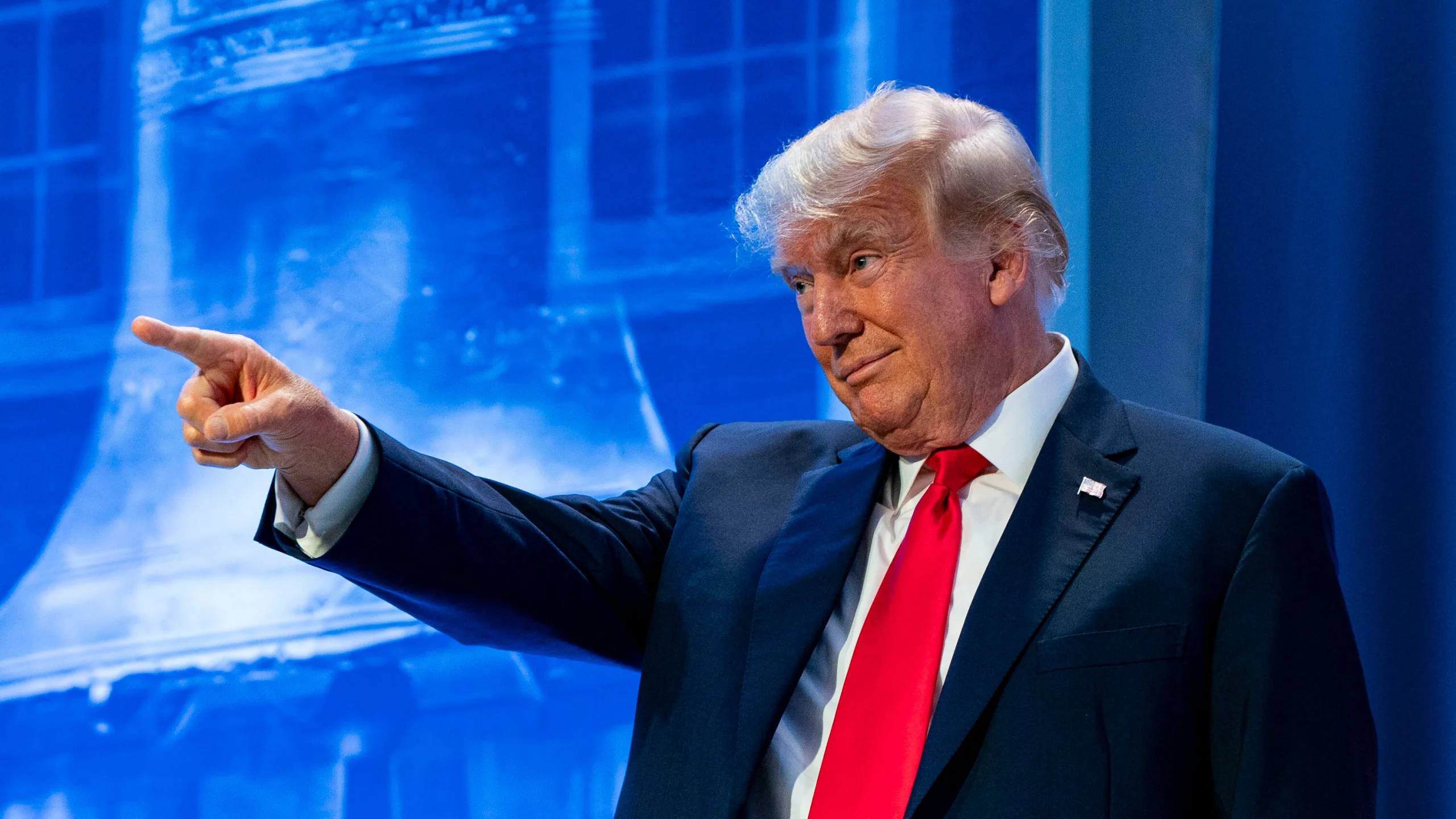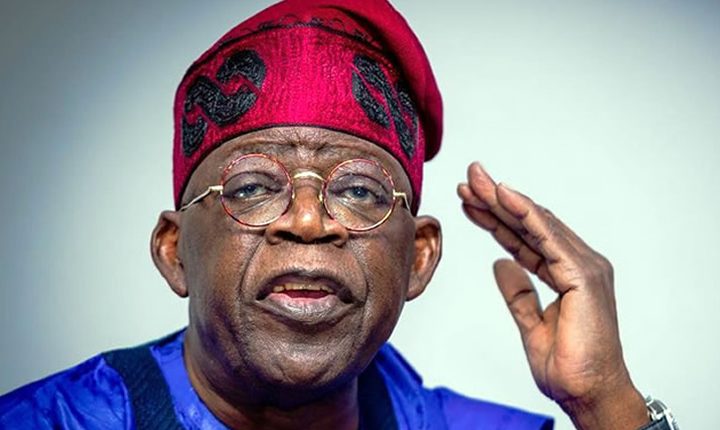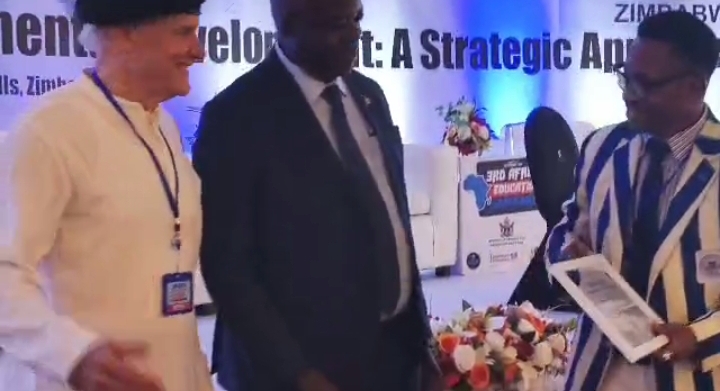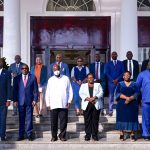Trump’s Efforts to Overturn Election Revealed in Court Filing
New evidence in the ongoing criminal case against Donald Trump shows that he planned to reject the 2020 election results even before the votes were fully counted.
The court filing, released on Wednesday, offers a detailed look at how Trump knowingly spread false claims of voter fraud and “resorted to crimes” to stay in power after his loss to Joe Biden.
Join our WhatsApp ChannelAccording to the filing, special counsel Jack Smith’s team aims to prove that Donald Trump not only tried to challenge the election results but also orchestrated a systematic attempt to undermine the democratic process.
“He knew the fraud claims were false but pushed them anyway,” Smith’s team stated in the document, which reveals conversations and actions taken by Trump and his closest aides.
Desperate Measures: Trump’s Words and Actions
One of the more alarming revelations is Trump’s indifference to the violent storming of the Capitol on January 6, 2021. After being informed that his supporters had breached the building and that Vice President Mike Pence had been rushed to safety, Trump reportedly shrugged it off, saying, “So what?”
Trump also expressed apathy when told by an adviser that there was no solid evidence to back up his legal challenges to the election. “The details don’t matter,” Trump responded, the filing shows.
A Private Scheme, Not Presidential Acts
The special counsel’s brief outlines that Trump’s efforts were not part of his official presidential duties but a private conspiracy to cling to power. Smith’s team argues that the crimes Trump committed were personal acts, not official actions for which he might claim immunity as a former president.
“Although the defendant was the incumbent President during the charged conspiracies, his scheme was fundamentally a private one,” the prosecutors wrote. This distinction will be crucial as the court determines whether Trump can face trial for these actions.
Trump’s Response: “Complete Victory”
Unsurprisingly, Trump has fiercely denied the allegations. His campaign spokesperson, Steven Cheung, called the court filing “falsehood-ridden” and accused the Democrats of trying to use the case for political gain. “They are hell-bent on weaponizing the Justice Department,” said Cheung.
READ ALSO: Republican Allies To Donald Trump: Focus On Economy Not Personal Attacks
Trump, on his social media platform Truth Social, said that he would achieve “complete victory” in the case, dismissing the new evidence as part of a broader political attack against him.
A Timeline of Election Fraud Claims
The filing offers new insight into how Trump’s campaign laid the groundwork for rejecting the election results. According to prosecutors, Trump told his aides that if he had an early lead, he would “declare victory before the ballots were counted.” Even after losing, Trump reportedly pressured his advisers to “find a reason” to challenge vote counts in states like Michigan.
Despite Trump publicly supporting lawsuits alleging election fraud, he privately admitted that some claims were “crazy,” referencing attorney Sidney Powell’s widely debunked conspiracy theories. However, days later, Trump continued promoting her lawsuit, illustrating what prosecutors describe as his indifference to the truth.
Trump’s Attempts to Influence Pence
One of the critical moments in the filing involves Mike Pence’s role in certifying the election. After the election, Trump held multiple conversations with Pence, trying to convince him to reject the electoral votes. Pence, however, refused. “Don’t concede but recognize the process is over,” Pence reportedly told Trump on November 12, 2020.
Prosecutors also revealed that by December 5, 2020, Trump began considering using Congress to challenge the election results, telling Pence that he might play a role in overturning the outcome in the House of Representatives.
Legal and Political Consequences Ahead
The court filing outlines how Trump’s refusal to accept the election results and his repeated claims of fraud led directly to the violence on January 6, 2021. Prosecutors are prepared to use forensic evidence from Trump’s iPhone and over 1,200 Tweets to show that he knowingly misled his supporters, inciting them to disrupt the certification process.
As the case moves forward, it is now up to U.S. District Judge Tanya Chutkan to determine which actions by Donald Trump can be prosecuted. Trump’s legal team continues to argue that the former president’s acts were protected by presidential immunity, but Smith’s team contends that his behavior after losing the 2020 election crossed into criminal territory.
Whether this case reaches trial or not, the revelations in this filing underscore the lengths to which Donald Trump was willing to go to stay in power.
Emmanuel Ochayi is a journalist. He is a graduate of the University of Lagos, School of first choice and the nations pride. Emmanuel is keen on exploring writing angles in different areas, including Business, climate change, politics, Education, and others.

















Follow Us